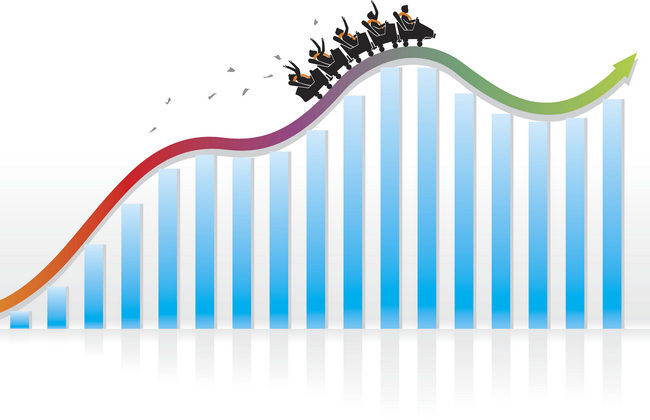Globalization has given B2B companies access to a seemingly endless list of suppliers and buyers, lowering prices and shortening delivery times. That is, until a disruption is introduced into the global network that ripples through the system.
Some disruptions have a more limited scope (only affecting certain industries or regions), while others have a more widespread effect. The pandemic has been the widest reaching business disruption of our time, and it is not going to be resolved anytime soon.
In fact, over the last few months “supply chain” has quickly become the new trending topic that everyone is talking about. However, most B2B companies have been dealing with supply chain woes for almost two years now. And with no end in sight, they are feeling the pressure to get even more strategic with how they approach supply chain disruptions.
So, how should you handle today’s ongoing supply chain disruptions… and tomorrow’s?





